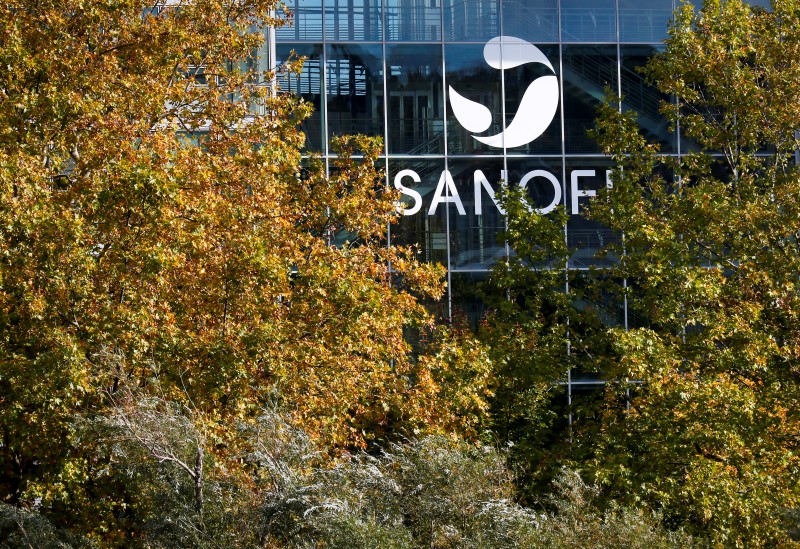By Matthias Blamont and Noëlle Mennella
PARIS (Reuters) - Sanofi (PA:SASY) will step up its push into China, its second biggest market after the United States, in the next five years as part of a wider expansion into emerging countries, where it sees a large part of its future growth.
The French drugmaker is under pressure to diversify geographically and expand in areas such as oncology as it faces declining sales of its diabetes blockbuster Lantus.
The company went public with an unsolicited $9.3 billion offer to buy U.S. cancer firm Medivation (O:MDVN) in April, setting up what could be a lengthy takeover battle.
"In the past years we have always managed to come up with a 5-10 percent growth in emerging economies and I think we will remain in this range this year, even if we should be closer to 5 percent than 10 percent," Peter Guenter, Sanofi's executive vice president for general medicines and emerging markets, said in an interview with Reuters.
Emerging markets, with expanding middle-class populations, are a big opportunity for global drug companies, although growth rates have slowed in recent years.
China has been particularly tough, following imposed price cuts and more cautious drug promotion in the wake of a record bribery fine for GlaxoSmithKline (L:GSK) in 2014. Sanofi, however, has recently done better there than some of its rivals.
Guenter will move to a new position on June 1 as head of diabetes and cardiovascular, replacing Pascale Witz who is leaving the company.
The group's 2015 revenues in emerging markets reached 10.6 billion euros ($11.83 billion), up 8 percent at constant currency exchange rates.
"There are still a lot of unmet medical needs in China," Guenter said, with rapid urbanization leading to the spread of "western diseases" such as diabetes.
"Patients still travel long distances to meet an established specialist in the big cities of the east coast because they fear they won't get the right treatment at home," Guenter said.
Sanofi, which vies with China market leaders Pfizer (N:PFE) and AstraZeneca (L:AZN), as well as local manufacturers, has set up a research and development center in Shanghai both to reinforce its presence and boost its credibility with authorities.
The company has been marketing Eloxatine -- usually prescribed for colorectal cancer -- for Chinese patients suffering with liver cancer for the past three years.
"The prevalence of liver cancer is very high China and very low elsewhere - we don't know quite why," Guenter said.
The company does not break out its sales figures by country but Guenter said the growth potential in China was particularly promising, especially with improved access to health insurance in rural areas of the country.
"Of course, the reforms aimed at implementing better healthcare in China will put some pressure on pricing in the coming years but our hypothesis is that volumes will compensate."
